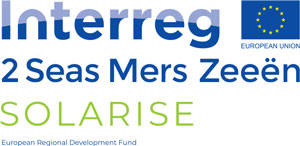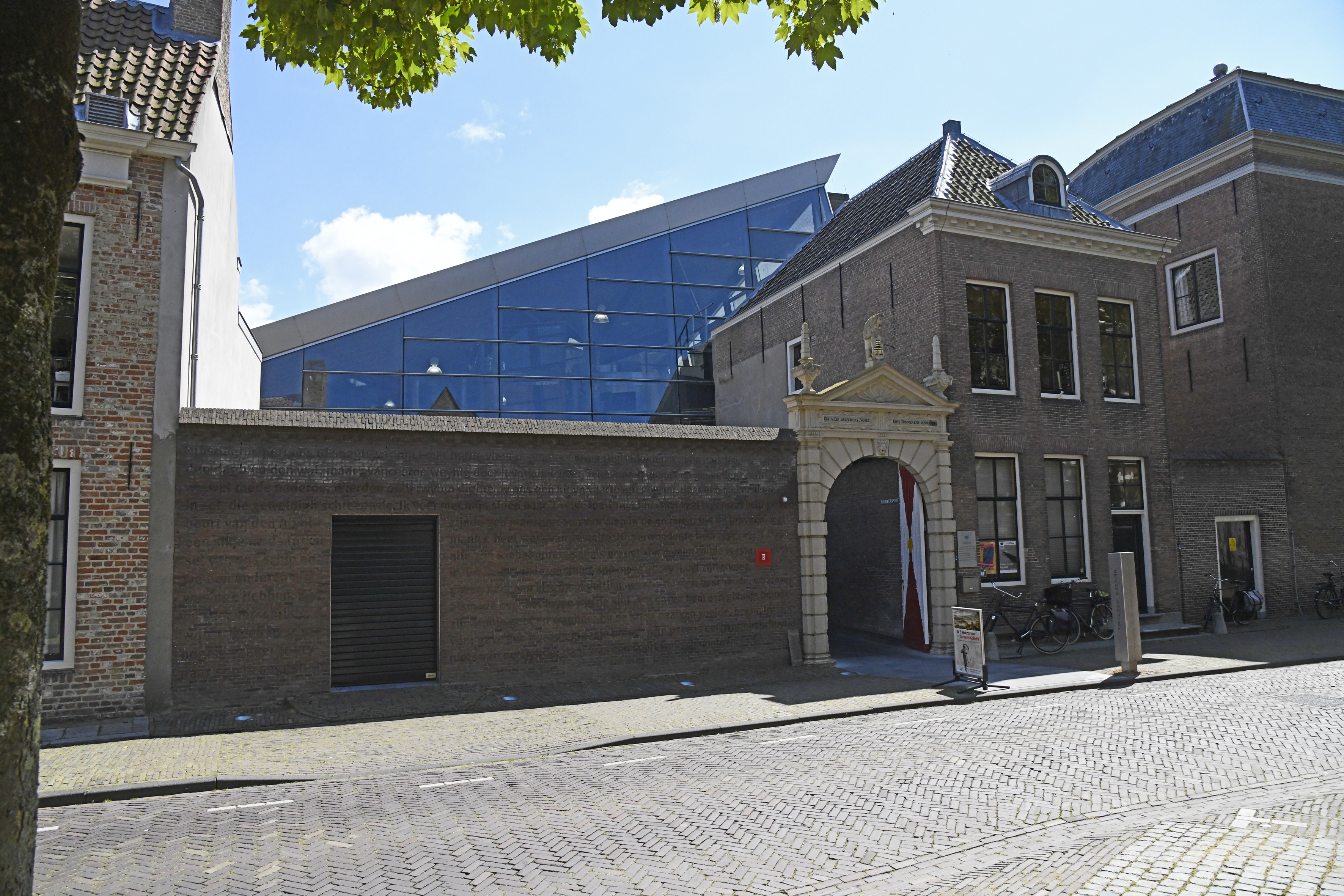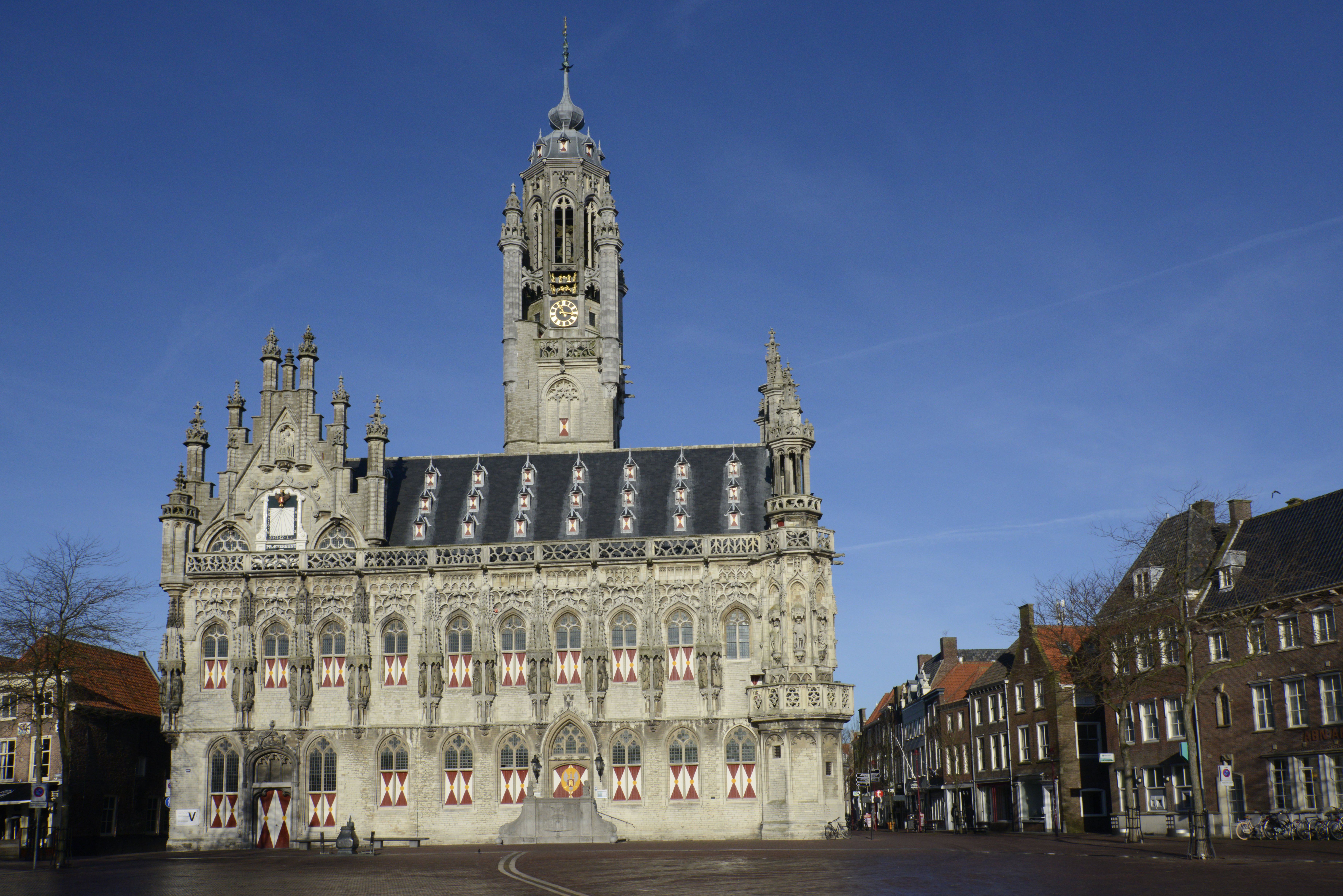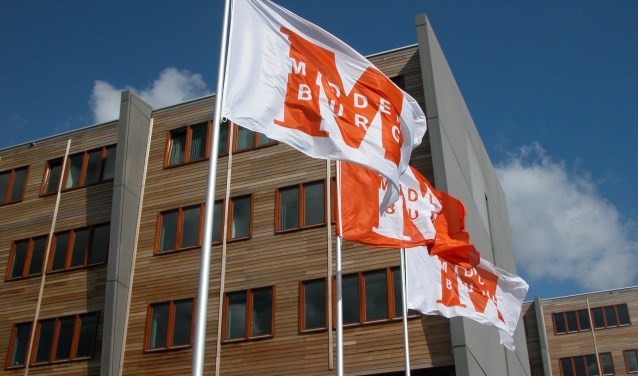A trip to the municipality of Middelburg to see the Avans SEND lab and PV setups at SEAC
Included in Interreg-Solarise is the installation of a limited Living Lab at the new Beta College in Middelburg (Netherlands). The Living Lab will serve as a showcase for positioning, informing and engaging students and possibly initiating a future research group

Solarise follows an integrated approach to accelerating the adoption of solar energy, addressing barriers such as grid integration and integration in historic settings. It demonstrates the economic, technical and social feasibility of solutions through Living Labs and pilots (WP4).
These showcase smart ICT applications (smart grids, metering, actuators), heat and electricity storage, and affordable solar collectors to provide a heat and electricity supply for eco-responsible demand and provide grid balancing services. The project promotes the technical, regulatory and financial benefits of the large-scale deployment and efficiency of solar energy for domestic and public buildings throughout the 2Seas region (WP6).
Data and related analysis from implemented PVs and battery systems benefit all stakeholders. In particular, end users have reliable information about increasing solar power self-consumption, load shifting and ensuing savings on energy bill, as well as the functionality of the combined PV/storage system as a backup power source in case of outages. This information is also useful to energy authorities, as it provides solid evidence of the benefits of these deployments to residential users, which can be used in information campaigns. This facilitates the evaluation of power utilities by providing well-supported information on how the higher penetration of solar energy with energy storage reduces residential loads.

Indicators
- solar energy produced
- C02 reduction
- dwellings that benefited from pilots

A multimedia presentation on Solarise will be provided in different languages.
The Living Labs will showcase and demonstrate solar panel technology, inverters, energy storage, smart metering, monitoring systems, and EV charging facilities. This feasibility study will evaluate the necessary roof adaptations, the surface that can be covered by panels, and the specifications of the inverters, energy storage and energy management systems, monitoring systems, and EV charging points. The study will also evaluate the costing of the different options and will assess the possible ways that Living Labs can be utilized to maximize impact.
This report will summarize the results of the feasibility studies on Living Labs to be carried out as part of this work package. The deliverable will be produced by KU Leuven with input from the other partners involved: UPJV, UoP, and Gemeente Middelburg (via Roosevelt University College Middleburg).
Living Lab is a later stage of Solarise, but a first design with demo material and visuals is required now.
This lab handles the usage, storage and monitoring of sustainable energy, along with sustainable production. That is why we have also visited a series of testing models for innovative PV in Eindhoven, offering an idea on how sustainable energy can be produced in an innovative and aesthetic way.




